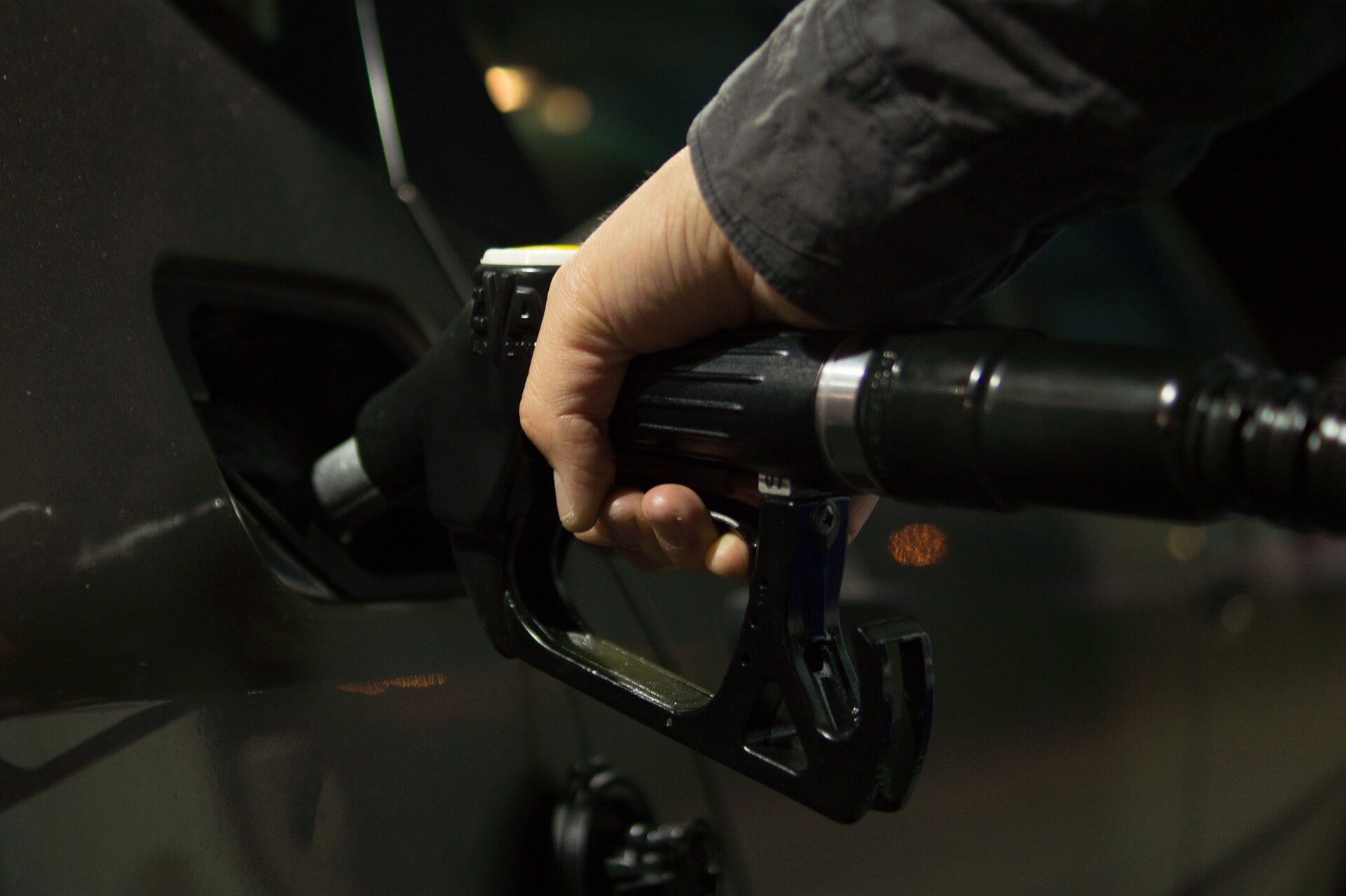Traditionally, cars have been fuelled by petrol or diesel. But there are other cheaper and more environmentally friendly options available, such as LPG, which can benefit you and the environment in a number of ways. Let us see how.
What Is LPG And How Is It Made?
LPG, or liquefied petroleum gas, is a sort of 'liquid gas' that may be used as a fuel for a range of applications, including automobiles. It is a by-product of the processing of natural gas liquids as well as the refining of crude oil. It is also known as butane and propane gas, or Autogas in driving circles. While it was once burned off and thrown away, it is today recognised as a flexible low-carbon fuel that may be utilised profitably.
Although the name 'liquid gas' may appear to be a contradiction, it really refers to a transparent gas that transforms into a liquid when exposed to pressure or cooling, allowing it to be stored in vehicle tanks. Most petrol automobiles can be converted to run on LPG (Liquid Petroleum Gas), making them 'dual-fuel' vehicles that can run on both LPG and petrol.
LPG Conversions Costly?
The cost of converting a car to LPG is determined by the kind of vehicle being converted and the type of gas system that is most suited to it. The average cost of a conversion is between $3000 and $4000. The majority of consumers find that an LPG Autogas conversion pays for itself fast in fuel savings. A person who drives 500 kilometres each week, for example, will save $880 per year.
The LPG Vehicle Scheme, run by the Australian Government, also provides payments for conversions. For the conversion of registered automobiles to LPG, grants of $1000 are available, while grants of $2000 are available for the purchase of new factory-equipped LPG-powered cars or the conversion of previously unregistered cars.
Benefits of LPG:
If you choose to drive on LPG, you will save around 40% on gasoline each year, especially if you use your car on a daily basis to go to work or pick up your children from school. Converting your car from gasoline to LPG is a cost-effective choice. There are a lot of car service businesses that can help you with this. Find someone who has expertise in converting petrol to LPG and start saving right away. You may put the money you've saved to good use.
Although vehicle emissions are a major contributor to climate change, LPG is well recognised for its inherent environmental benefits. When a petrol/diesel engine is replaced with an LPG-fuelled counterpart, CO2 emissions are reduced by up to 15% immediately, and harmful particles are removed by up to 80%.
As compared to diesel cars, petrol cars create less noise. But, when you convert your car into LPG, you get a quiet driving experience. It helps to reduce noise pollution as well. As LPG is in gas form, its combustion process is simpler. Thus, the engine makes less noise while running on gas-powered fuel. Also, LPG does not harm the engine because it is a cleaner-burning fuel that leaves minimal residue. Rather, it extends the life of the engine's components.
LPG fuel is cleaner than gasoline and diesel, making it environmentally friendly. As a result, switching from gasoline to LPG would be a cleaner alternative because LPG-powered vehicles release less hazardous pollutants. In addition, unlike gasoline and diesel, LPG-powered vehicles emit fewer chemical fumes. This contributes to cleaner air by reducing harm to the Earth's atmosphere. As a result, begin driving on LPG to lower not only your monthly expenditures but also the harm that you cause to the environment.
We as humans have already damaged our environment a lot. Although we can’t reverse the things we did in the past, moving forward, we can definitely take some sizeable actions. Converting your car into an LPG-fuelled vehicle will benefit you a lot, and the above-mentioned benefits are proof of it.







Follow us